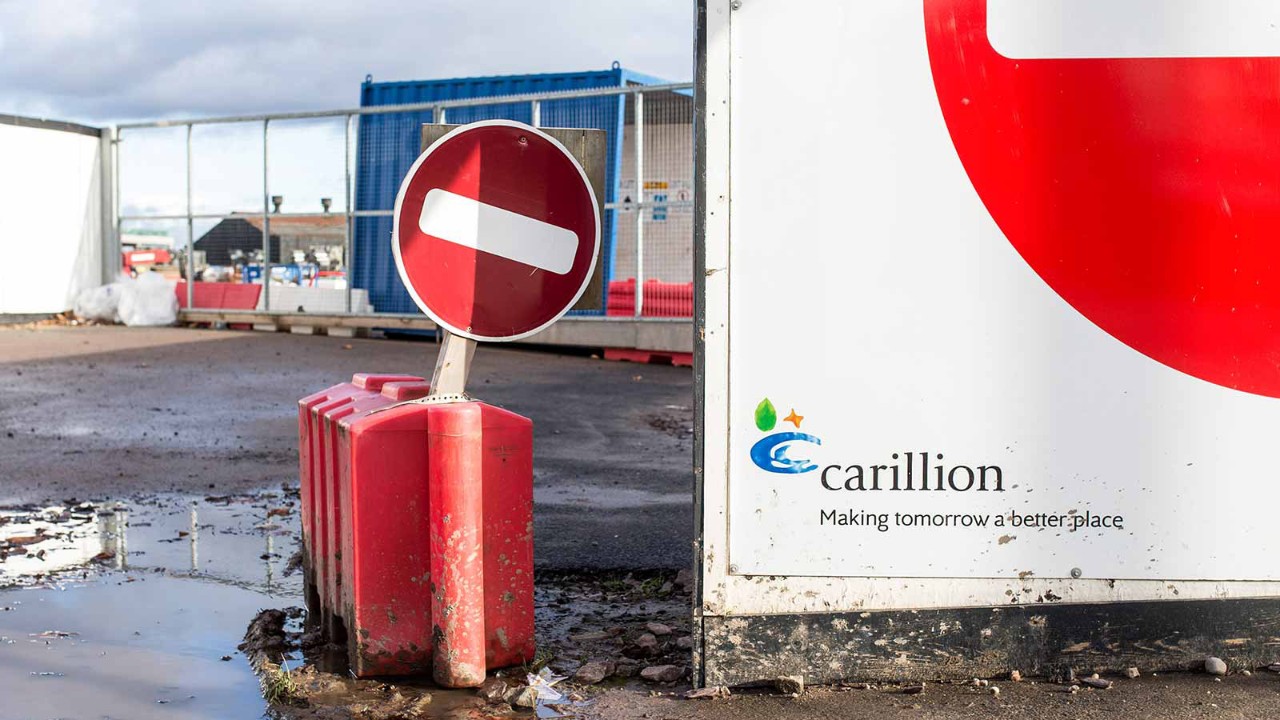
‘KPMG sued for £1.3bn over Carillion audit,’ screamed a headline in the Financial Times on 3 February. This huge amount – about twice the annual sales of KPMG UK’s audit unit – is being sought by the official receiver, part of the government’s Insolvency Service.
In some ways the amount is not surprising. Carillion, which collapsed in January 2018, owed suppliers about £2bn in mid 2017 (£800m more than was owed to it) and had gross borrowings of nearly £1bn. Its £390m of cash was dwindling fast. Between July and September 2017 it announced more than £1bn of provisions for bad contracts.
Nor is this a record suit. Several years ago, PwC was sued for US$5.5bn over its audit of Colonial Bank in the US. Settlements have been much lower – PwC ended up paying US$335m.
Cause for alarm
In other ways, however, there is cause for alarm. The failure of Carillion is the responsibility of its board and management, which pursued contract wins at any cost and mismanaged a complex low-margin business. Separately, the Insolvency Service is taking action against Carillion directors, and the Financial Reporting Council is investigating KPMG’s audits of Carillion. The firm has admitted at a disciplinary tribunal that it misled the regulator.
Carillion’s insolvency could have happened sooner and in a more orderly way. Tougher auditing could have prompted an earlier profit warning and dividend cut by the board. But lenders, not auditors, are the ones who pull the plug – and only after the board has exhausted rescue strategies.

The central legal problem lies in joint and several liability for losses
The government itself continued to hire Carillion. After all, it was often the lowest bidder, and no one ever complains about being undercharged. Many investors – with the admirable exception of short sellers – hung in there until the profit warning in July 2017.
Problematic legal system
The central legal problem lies in joint and several liability for losses, which means that one of the culpable parties can be sued for the entire amount. A bankrupt company and individual directors are never going to produce significant compensation, so the party with the deepest pockets becomes the main target. A proportionate system, as operated in Australia, for instance, would be fairer – and easier to sell politically than liability caps.
Such litigation has a chilling effect on competition in the audit market
Other downsides include the chilling effect such litigation has on competition in the audit market. KPMG UK’s audit unit had revenues of £634m in the year to 30 September 2021, just over 30% of the group total. The firm’s pockets are not deep enough for a £1bn-plus bill, and the prospect of consultancy activities subsidising audit settlements is far from ideal. Professional indemnity insurance helps, but higher premiums will be passed on to clients
If shared audits are introduced in the UK, proportionality would at least ensure that the smaller partner shoulders its share of the liability. It would also increase incentives to hold directors to account, which ought in any case to be part of regulatory reforms.
This lawsuit has dimmed my optimism about the future of independent audit firms, including their ability to attract talent and invest in audit quality.
FRC announcement
The Financial Reporting Council is looking to appoint four new accountant members to join its independent Tribunal Panel. Tribunal members hear public interest disciplinary matters involving UK accountants and/or audit firms brought by the FRC under the Accountancy Scheme or the Audit Enforcement Procedure. Find out more on FRC's website.




